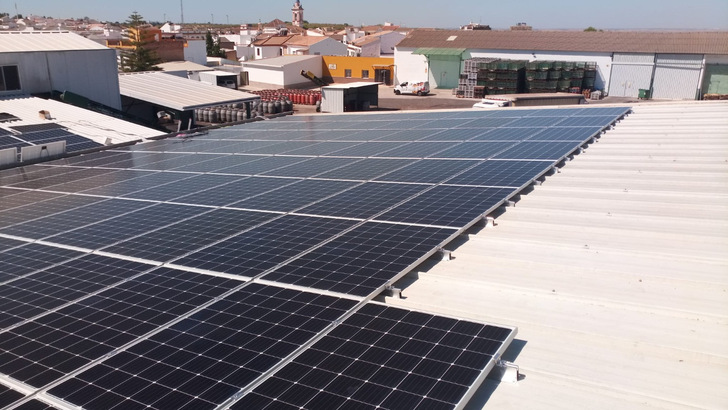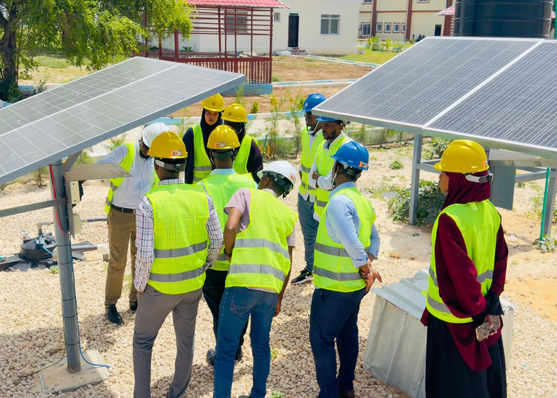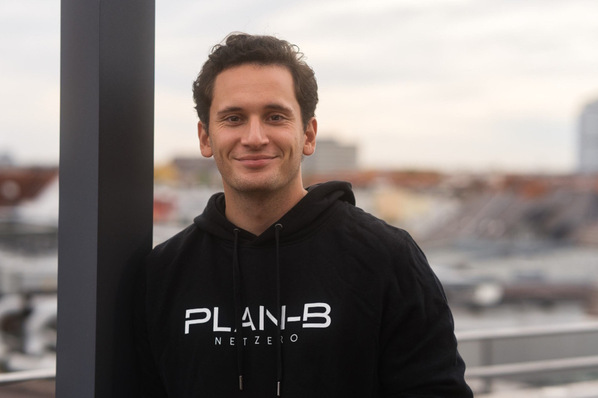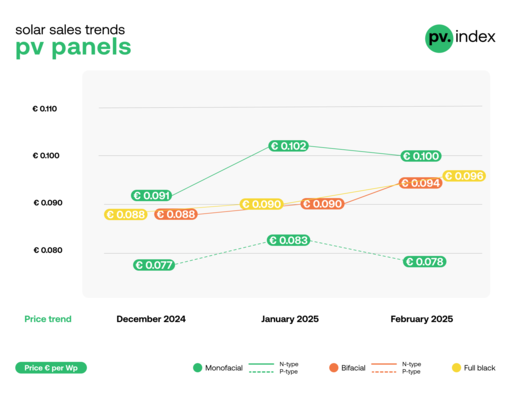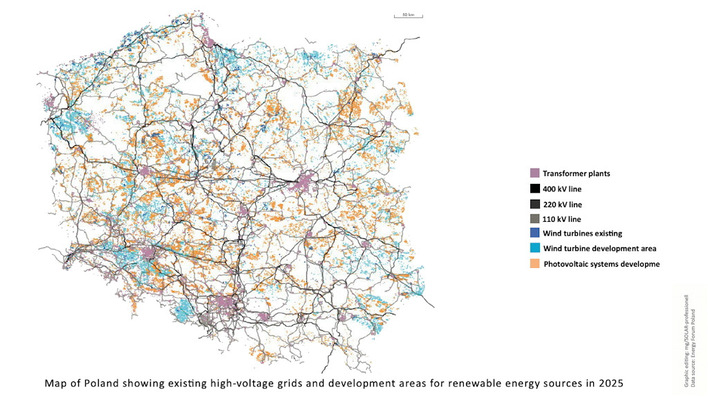Preliminary data released by UNEF for the second quarter of 2025 indicate that installation rates dropped by 9 percent compared with the average quarterly rate in the previous year.
ETS 2 system emission allowances could support uptake
In the household sector, installation capacity fell by 9 percent compared with the same quarter in 2024, but rose by 11 percent from the first quarter of 2025. Systems with storage and off-grid functionality, enabling independence from the electricity grid, are in particularly high demand. The trend is driven by cost savings and growing uptake of electric vehicles and heat pumps.
UNEF CEO José Donoso on Spain’s solar challenges: “Investments are stagnating”
In the industrial sector, installation capacity grew by only 4 percent in the same period, leaving it close to the previous year’s level. According to UNEF, companies are increasingly adopting self-consumption systems to cut energy costs and prepare for the electrification of fossil-fuel-based processes. This also positions them to avoid future expenses for emission allowances under the ETS 2 system, scheduled for introduction in 2027.
UNEF calls for action to tackle bureaucracy
By contrast, the commercial sector recorded a 22 percent decline. UNEF highlights an urgent need for regulatory adjustments to restore the sector’s attractiveness. José Donoso, Director General of UNEF, stressed that administrative barriers must be removed, as the current installation pace is too slow to secure consumer benefits, meet national climate goals and ensure industry stability.
MEAG invests €300 million in Spain’s largest hybrid energy plant
UNEF warns that unless installation rates rise significantly, the targets of Spain’s National Energy and Climate Plan (PNIEC) will not be achieved. The plan calls for 19 gigawatts of capacity by 2030, while installed capacity at the end of 2024 was only 8.2 gigawatts.
Combining multiple self-consumption models
UNEF’s proposals include creating a “self-consumption manager” role and allowing the combination of multiple self-consumption models. The association also calls for extending the maximum permissible distance for self-consumption systems to 5 kilometres. In addition, UNEF advocates simplified approval for systems up to 500 kilowatts and exemption from grid connection permits for systems with an export capacity below 15 kilowatts.
Alliances on fossil fuel levies could raise billions for climate finance
The association also promotes tax incentives for self-consumption investments, support for energy storage and a higher variable component in electricity bills to make self-consumption savings more attractive. UNEF further urges Spain’s regions to implement exemptions from prior approval requirements for systems up to 500 kilowatts, as stipulated in Royal Decree 18/2022. (nhp)

